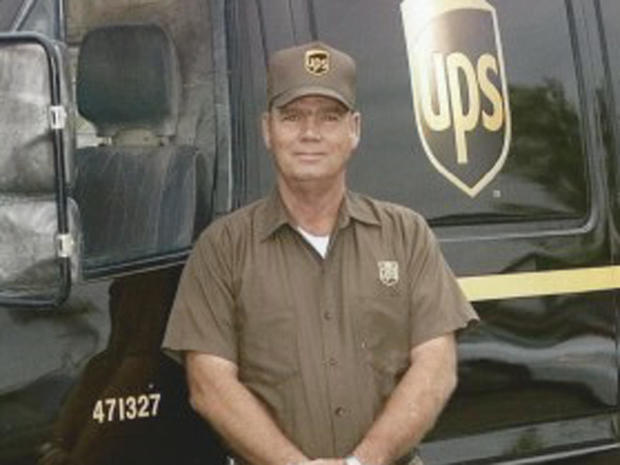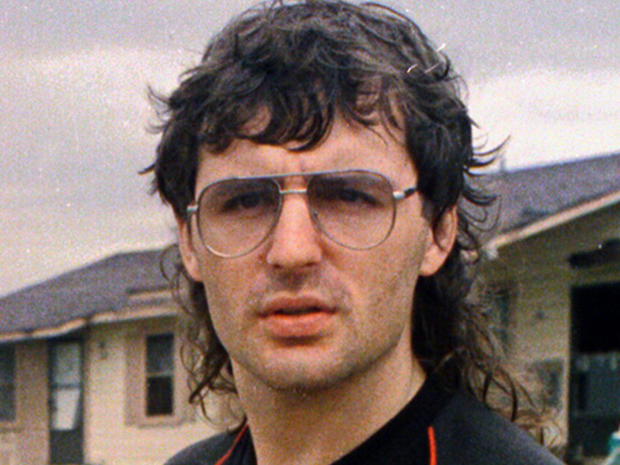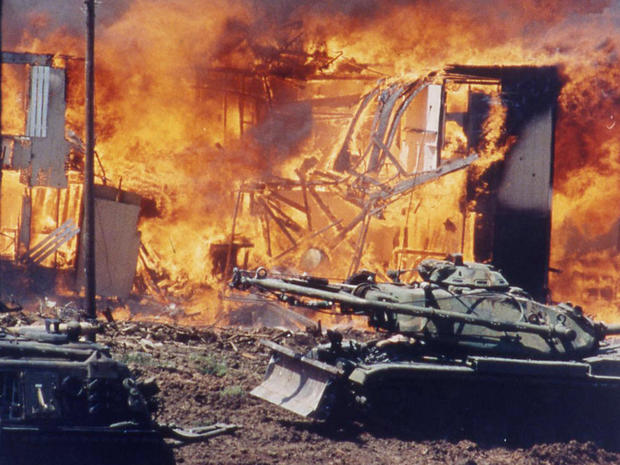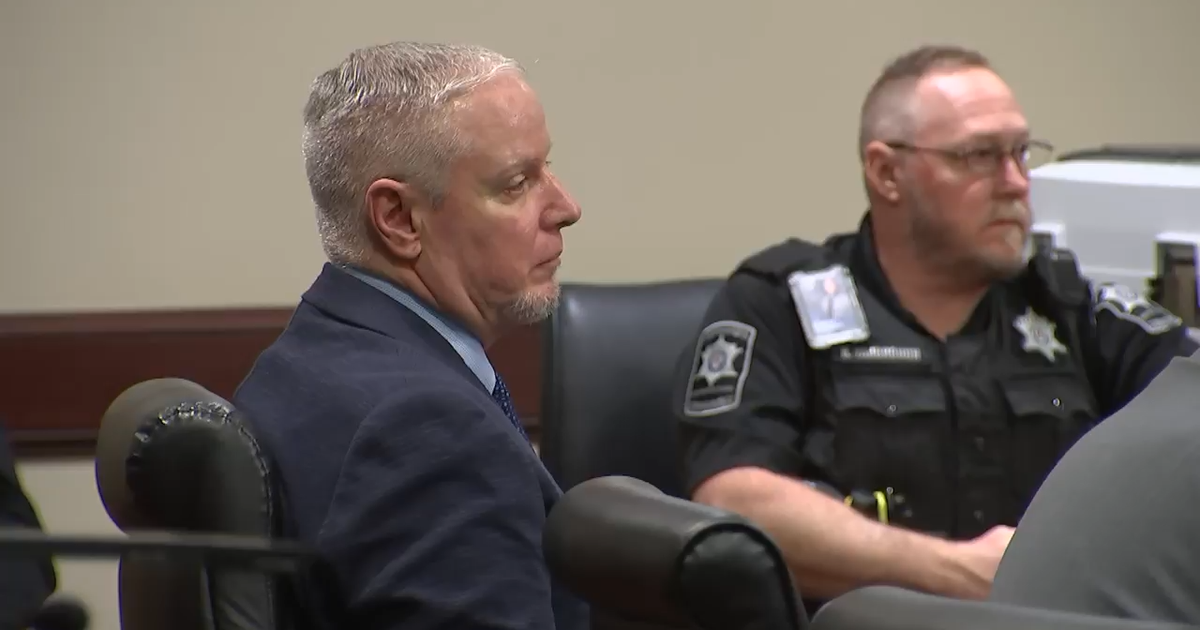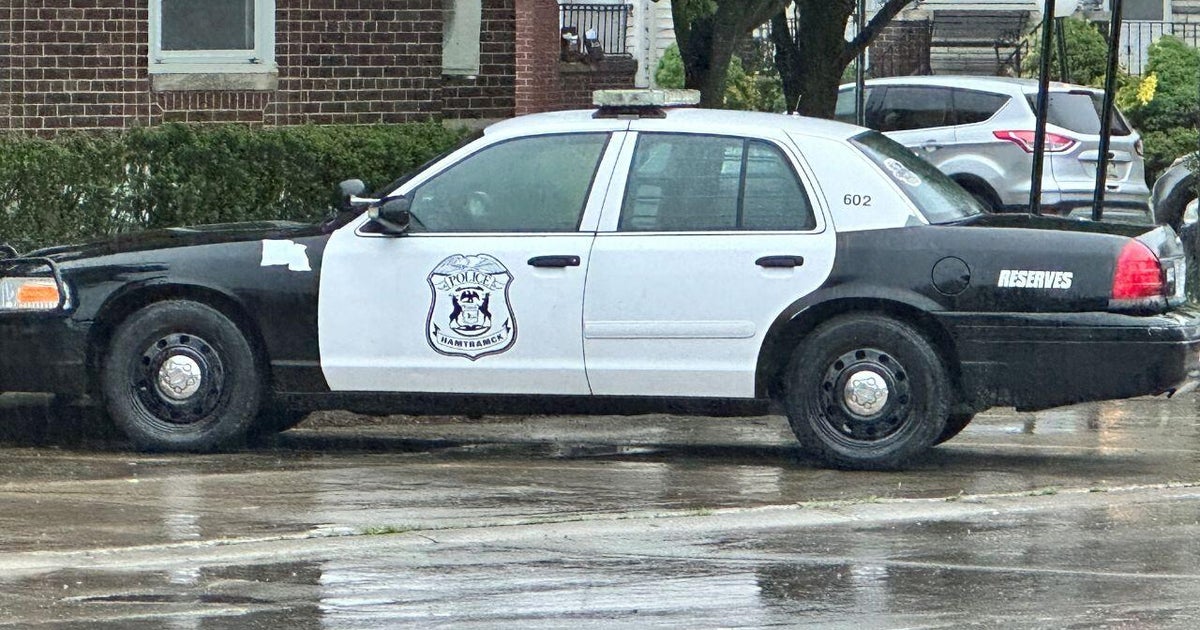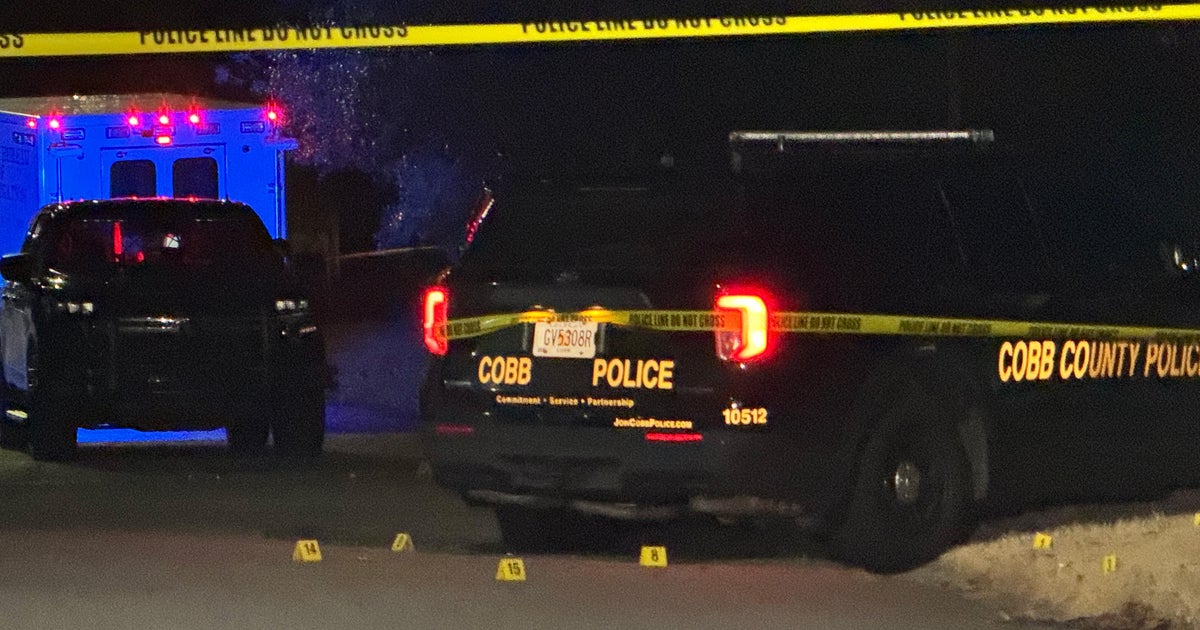An untold story of Waco
In April of 1993, Larry Gilbreath was at his sister's house in Waco, Texas, when a horrible scene unfolded on television. News reporters struggled to find words to describe the scene as a giant fireball shot up from the center of a large compound that Gilbreath knew was home to dozens of followers of religious leader David Koresh.
"Like the rest of America, I just stood there and watched it live," Gilbreath recalls. Dozens of men, women and children were inside, many of whom he knew personally. He screamed at the televison: "Why aren't they comin' out?"
Gilbreath began to feel sick as he realized members of his community were burning inside.
"I expected to see a bunch of people comin' out of that place. And it didn't happen," he said.
There are some events that become etched in our collective memory, such as the story of Waco. As well as we think we know the story, it becomes something else again when you hear it told by Gilbreath, who still feels the pain of that day.
"I just think it's time that we set the record straight, of what I — the — the part that I played, the part my wife played."
For the first time on "48 Hours:" Secrets of Waco, Gilbreath and his wife Debra share their personal insights about their front row seat to a tragic and historical event. It's a rare glimpse beyond the headlines, which gives dimension to a story we thought we knew all about.
Gilbreath worked for the United Parcel Service for 30 years. He's now retired. It's easy to imagine Gilbreath, with his honest face and friendly demeanor, stopping to chat with many of the people along his route in Waco.
"A typical day for myself was I would go out with anywhere from 80 to 100 stops and cover anywhere from 250 to 400 miles," he told Peter Van Sant of 48 Hours in his first and only television interview. "They knew me, I knew them."
There was one stop on his route, however, that would change his life forever, and perhaps the lives of countless others.
Since 1986, Gilbreath had been bringing parcels to the large compound set away from the main part of town. It was home to a religious sect known as the Branch Davidians. Their leader, David Koresh, was a charismatic, shaggy haired young man who would often come out personally to sign for the packages.
"He was as friendly as he could be to me. I mean, I liked him," Gilbreath recalled, chuckling. He said they would chat about various topics, nothing unusual. "We talked about his go-karts and his motorcycles and — and just what guys would talk about."
At first, Gilbreath made deliveries that didn't seem out of the ordinary; the packaging labels showed medications or other personal items. But in early 1992, Gilbreath says he noticed changes. The group began dressing in camouflage attire and their demeanor changed. David Koresh began requiring Gilbreath to announce his deliveries at a small offsite house called the "Mag Bag." Gilbreath says one of the Branch Davidians would phone David, and only then would he be allowed to drive up to the compound.
Some big boxes started coming in, all COD – cash on delivery. Gilbreath would carry the large cash payments along with him on his route, something he described as nerve-wracking. Around that time Gilbreath noticed that some of the return labels were from arms dealers. At the time in Texas, it was not illegal to purchase large quantities of guns and have them delivered.
"I would call my wife and tell her, 'I've got a $5,000 COD for the — the Davidians today,'" Gilbreath recalled. That way, if anything happened to him, Gilbreath's wife Debra would know he went out to the Branch Davidians that day. One time, they didn't have the money for the COD. Gilbreath told them he'd be back the following day, with what appeared to be another shipment of weapons. But later that day, the Davidians, who had gathered the cash, flagged down Gilbreath on his route, miles from the compound.
"They found me. I said, 'How do they know how I run my route?' Well, that — that concerned me a little."
But of great concern to Gilbreath was what happened weeks later. Gilbreath was handling a package in his truck and several inert hand grenade casings tumbled onto the floor. Gilbreath shared what happened with Debra. In her first and only interview, she told Peter Van Sant she was so worried she spoke to the local sheriff's office.
The sheriff's office contacted the Bureau of Alcohol, Tobacco and Firearms (ATF) who began to investigate. Before long, the ATF formed a plan to raid the compound, confiscate any illegal weapons and arrest David Koresh. After a violent gun battle with the ATF and a 51 day standoff with the FBI, more than 80 people were dead and the image of the burning compound would sear across countless television screens and ultimately our American history books.
For Gilbreath, the story is personal. He never wanted things to turn out the way they did.
"When people see the names, you can go on the internet, you look at all the names of the people that died at — at the compound, they're just names. I see faces."
He choked back tears as he recalled those who died in the fire.
"On April the 19th, I was devastated." Gilbreath and Debra don't harbor animosity towards any party – not the ATF, FBI or the Branch Davidians. For 25 years, the couple has wondered if they did the right thing, or if their small role set the tragic events in motion.
"Anybody can tell you it's not your fault," Debra said. "But in the back of your mind, you still have that little doubt. And it's gonna always be there."
Gilbreath has also struggled with the question of whether to come forward with his story. He didn't want to take his secrets to his grave.
"I think people should know everything. And now they will," he said.
